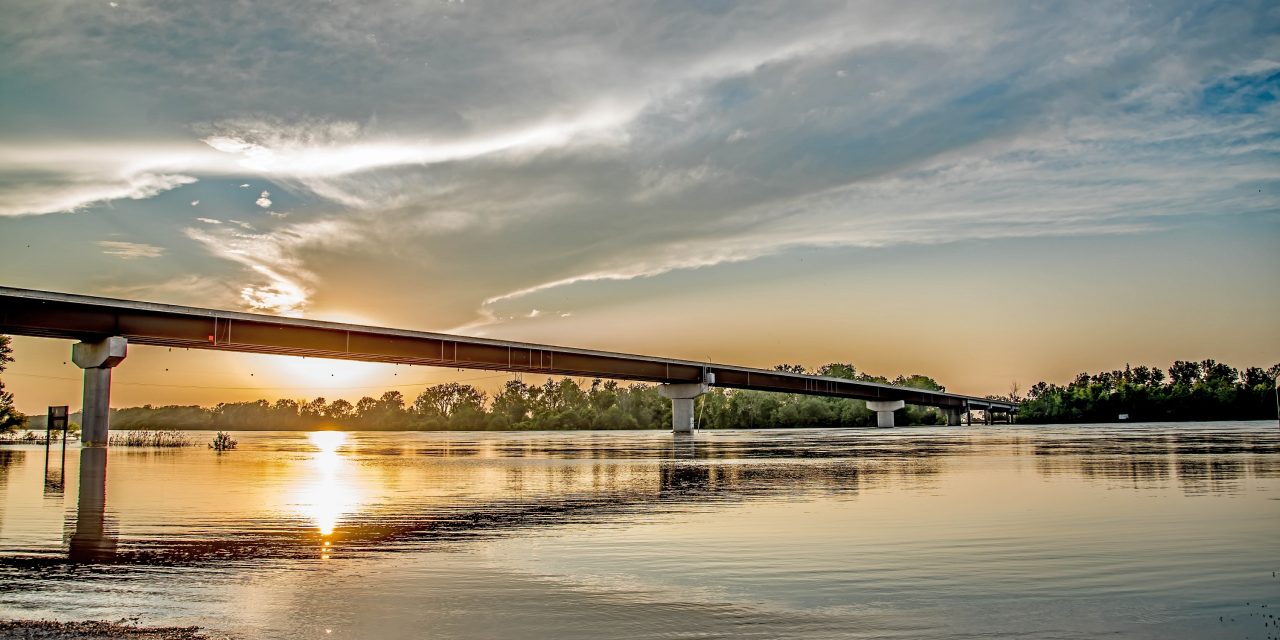Nearly everything we do as farmers and ranchers depends on the weather. Day-in and day-out, it affects the timing of farmwork, like planting, harvesting, working livestock or cutting hay. When a storm rolls in, we had better pay attention and be prepared.
Storms are brewing around climate policy in Washington.
The Obama administration pushed hard for mandatory reductions in carbon emissions through strict laws and regulations. Their signature cap-and-trade carbon credit program would have caused energy costs to skyrocket, from home heating bills to gas prices. In the end, Farm Bureau and others were able to stop the most ambitious of the administration’s plans.
Now, after four years of the Trump administration’s practical, collaborative approach to environmental regulation, the Biden administration is pursuing a more aggressive all-of-government climate policy agenda.
We in farming country are watching these developments carefully. American agriculture is more efficient and uses fewer resources than ever before. While 24 percent of global greenhouse gas emissions come from agriculture, in the U.S. the share is only nine percent, due to conservation efforts, improved technology and better production methods.
Yet radical environmentalists advocate an anti-agriculture agenda leading to disproportionate attacks on farmers and ranchers in the climate policy debate.
As this debate unfolds, we are going to explore some big questions in the weeks to come. Is ag the problem it’s made out to be? What can really be achieved and at what cost? Will carbon credits be the next cash crop for farmers? Are today’s farmers and ranchers resilient enough to overcome changes in weather patterns? Is big business getting too deeply involved in climate policy?
Many of the answers are murky, but the questions are important to ask. As we dive into this important issue, we’ll post each article, as well as related podcasts and additional content, at mofb.org/climate. We invite you to send us your comments and questions as we take our seat at the table and weigh in on climate policy.
Editor’s note: This is part one of a multi-part series surrounding climate policy. Contact Eric Bohl, Director of Public Affairs and Advocacy, to schedule President Hawkins for an interview on this topic.


